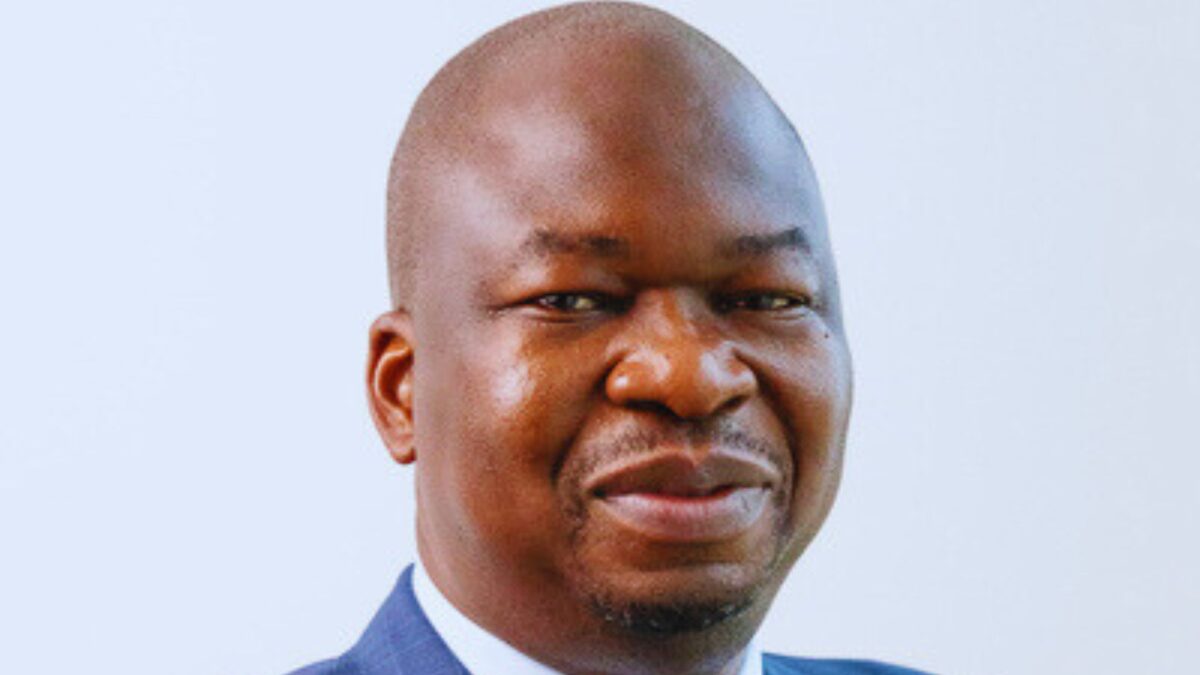HARARE – Finance secretary George Guvamatanga skipped an appearance before parliament’s public accounts committee on Monday, prompting MPs to consider issuing summons to compel him to attend.
It was the second invitation from MPs that Guvamatanga has swerved.
Kuwadzana MP Charlton Hwende who chairs the committee said Guvamatanga must now appear on Friday this week and should he fail to do so he would be served with summons.
“We have give the secretary and his team a final chance to appear on Friday. We’re preparing summons through the office of the Clerk of Parliament, and if they don’t come, summons will be issued immediately on Friday,” Hwende said.
Hwende said they would also be inviting finance minister Mthuli Ncube on the same day to address “police issues” surrounding public accounts.
Monday’s committee meeting had been expected to go through the Auditor General’s report for the 2023 financial year.
Speaking ahead of the abortive hearing, Hwende said they would scrutinise US$400 million in “direct payments by treasury to suppliers whilst bypassing line ministries.”
These direct payments were made to several companies including Ren-Form CC, the South African company corruptly awarded contracts to supply election materials to the Zimbabwe Electoral Commission without going to tender.
Official documents in South Africa show that the company was paid over R1.2 billion by Zimbabwe’s treasury, but R800 million of that money quickly found its way into bank accounts controlled by Wicknell Chivayo, a politically-connected businessman previously accused of bribing government officials to win contracts by his business associates.
The committee has also asked Guvamatanga to furnish it with details of direct payments made to Fertiliser Seed Grain (FSG), Ziminya Dam Construction, Ventures Borehole & Exploration, Makomo Engineering, Semwa Dam and some US$600,000 paid to Nyika Kanengoni & Partners, the law firm that represents the Zimbabwe Electoral Commission.
Hwende said the payments appeared to fall foul of Public Finance Management Act procedures. The MPs say supplier payments should be made by ministries and government departments in line with their budgets, but the finance ministry has now centralised these leading to allegations of favouritism and corruption as Guvamatanga, the government’s paymaster, chooses who to pay and who not to pay.















